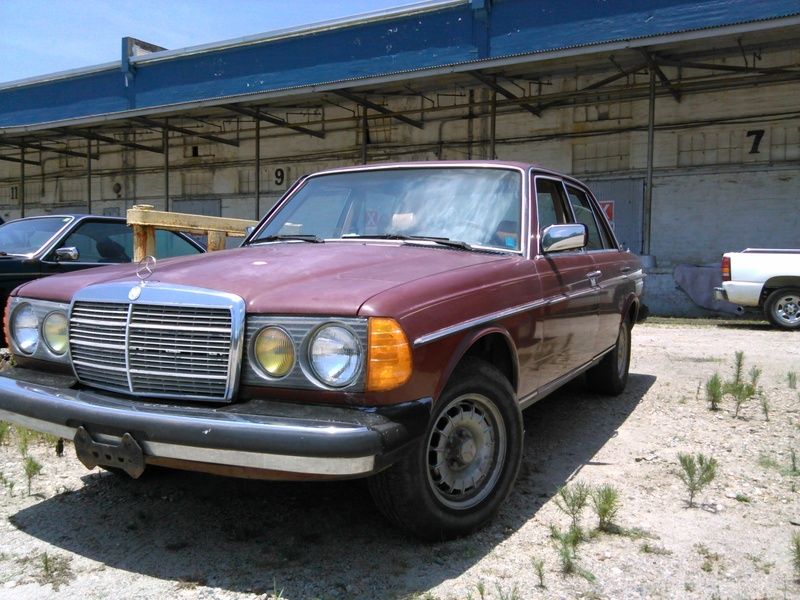I was going over some Scotty Kilmer videos on youtube lamenting modern mercedes and BMW's and finding it rather eye opening... they don't even have engine oil dipsticks in newer BMW's now?? And Mercedes designs their braking system so that the disc pads are slightly smaller than the rotor, cutting grooves in the rotor that necessitate replacing the rotors every single time pads are changed?
To say nothing of all the [censored] plastic on everything whether inside or under the hood. Inside for a few ounces of weight savings I still have doubt about, but plastics that crack from underhood heat after 8-10 years of use to me are clear evidence of "designed to fail".
It's not only high end cars, when I saw where the water pump was on mid 90's honda accords vs how easy it was on my saturn I shook my head.
So here's my topic for the day! Not only WHEN did cars get bad but IN WHAT WAY? This is not just for the purpose of griping, it could be a useful guide for someone wanting to buy vehicles designed to last multiple decades (assuming you can give up some of the features of newer cars, which outside of a handful of safety features i'm not even sure how great they are/many can be added aftermarket anyway) - but i'm just as curious what was either changed in some stupid/illogical/[censored] fashion... to consider the possibility of changing it BACK.
In today's world of open source projects, 3d printers, and public engineering discussions I wonder how feasible it would be to simply make parts that flat out work better. Identify the [censored] parts designed to fail in newer cars (while keeping their newer safety features) and replace them in such a way with custom parts if you're one of those people who actually wants your car to last a longer than average time. But step one is actually identifying them so i'm curious what else is out there...
To say nothing of all the [censored] plastic on everything whether inside or under the hood. Inside for a few ounces of weight savings I still have doubt about, but plastics that crack from underhood heat after 8-10 years of use to me are clear evidence of "designed to fail".
It's not only high end cars, when I saw where the water pump was on mid 90's honda accords vs how easy it was on my saturn I shook my head.
So here's my topic for the day! Not only WHEN did cars get bad but IN WHAT WAY? This is not just for the purpose of griping, it could be a useful guide for someone wanting to buy vehicles designed to last multiple decades (assuming you can give up some of the features of newer cars, which outside of a handful of safety features i'm not even sure how great they are/many can be added aftermarket anyway) - but i'm just as curious what was either changed in some stupid/illogical/[censored] fashion... to consider the possibility of changing it BACK.
In today's world of open source projects, 3d printers, and public engineering discussions I wonder how feasible it would be to simply make parts that flat out work better. Identify the [censored] parts designed to fail in newer cars (while keeping their newer safety features) and replace them in such a way with custom parts if you're one of those people who actually wants your car to last a longer than average time. But step one is actually identifying them so i'm curious what else is out there...

